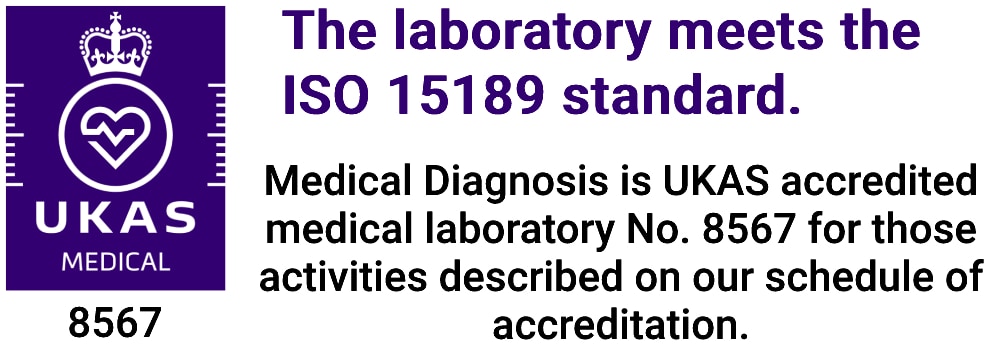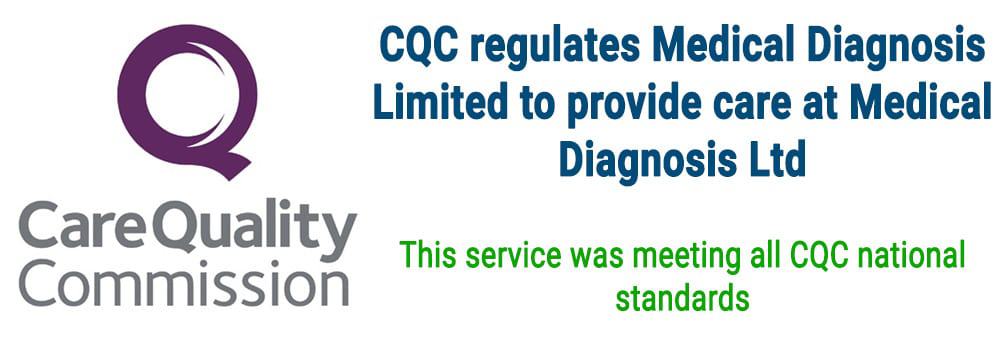Home / Blood Tests / Glucose
Glucose
Overview of Glucose in the Body
Glucose is the primary carbohydrate found in peripheral blood and serves as the body's main source of cellular energy. It is derived from dietary intake and plays a vital role in overall metabolic function.
Glucose Storage and Energy Production
Once absorbed, glucose can be:
Converted into glycogen and stored in the liver
Transformed into fatty acids for storage in adipose tissue
The oxidation of glucose is crucial for producing energy needed by the body’s cells.
Hormonal Regulation of Blood Glucose Levels
Blood glucose levels are tightly regulated by several hormones, with the pancreas playing a central role. Insulin is the most critical hormone involved in lowering blood glucose, while others like glucagon help raise it when needed.
Causes of Hyperglycaemia (High Blood Sugar)
The most common cause of high blood glucose is diabetes mellitus, which occurs due to a deficiency in insulin secretion or effectiveness. Other contributing factors include:
Pancreatitis
Thyroid disorders
Liver disease
Renal failure
Causes of Hypoglycaemia (Low Blood Sugar)
Hypoglycaemia is less common but can result from:
Insulinoma (insulin-producing tumour)
Hypopituitarism
Excessive insulin use
Clinical Use of Glucose Testing
Blood glucose measurement is essential for diagnosing and managing:
Diabetes mellitus
Idiopathic hypoglycaemia
Urine glucose testing is also used for diabetes screening and helps evaluate:
Glucosuria (glucose in urine)
Renal tubular disorders
Ongoing diabetes management
Private Glucose Testing in Slough and Surrounding Areas
Comprehensive glucose testing, including blood and urine glucose analysis, is available in Slough, Windsor, Maidenhead, and surrounding Berkshire areas. These tests are vital for diagnosing diabetes, monitoring glucose control, and identifying underlying metabolic or endocrine disorders.
| Price | £52.0 |
|---|---|
| Categories | | Diabetes | Health Checks | Men's Health Checks | Women's health Checks | Kid's Health Checks |
| Turnaround Time | 4 hours |
| LIS Code | GLUC |
| Exams Included | No Markers Included |
| Enquire Now (020 3633 2371) WhatsApp Now (+4474 4807 7654) Book Now |


Our Professional Services
Our partner laboratory, Medical Diagnosis, is UKAS ISO 15189 accredited, and Medical Diagnosis Victoria is registered with the Care Quality Commission (CQC), ensuring all diagnostic testing meets the highest UK standards of quality and accuracy. Medical Diagnosis Victoria is authorised to provide Testosterone Replacement Therapy (TRT) and related clinical services, which are delivered following appropriate medical assessment by GMC-registered doctors with extensive clinical experience.
More About It